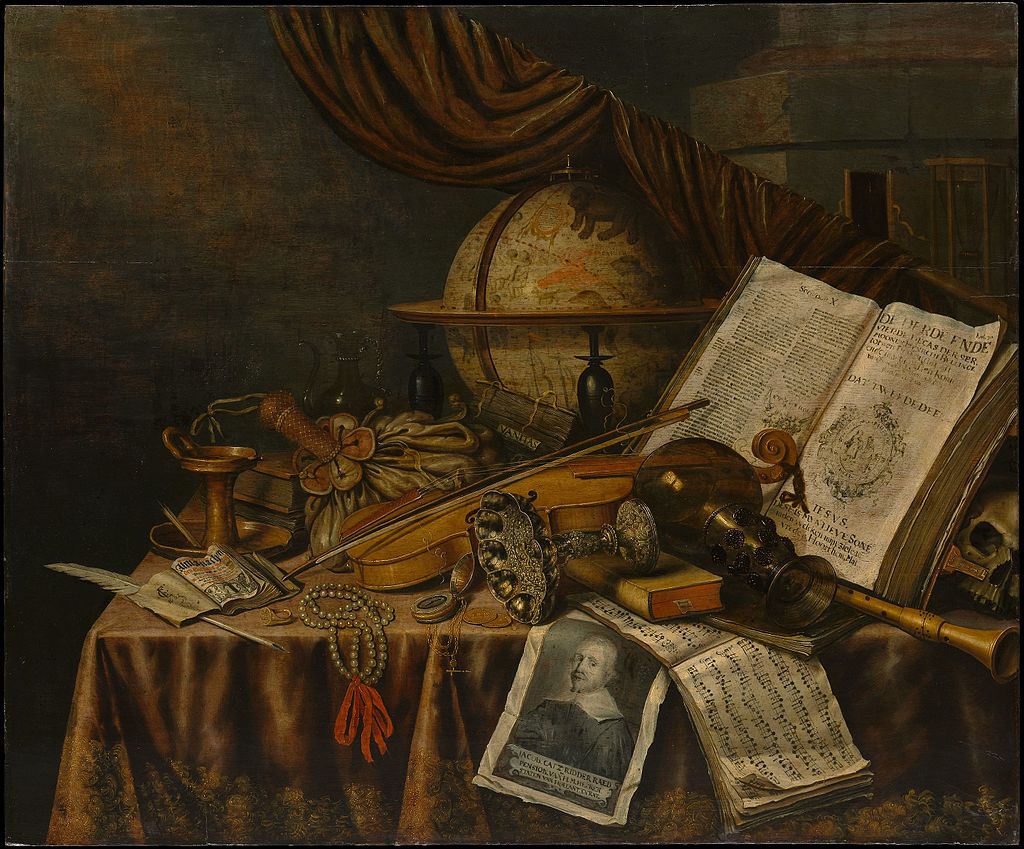
Research of the Chair of Early Modern History
The "early modern" refers to the period from the 15th to the late 18th century, from the Reformation to the Revolution, from the first globalisation to the first industrialisation. On the one hand, from today's perspective, this period may seem quite foreign and distant: religious models of world interpretation, class-based social orders, dominant agrarian economies or magical forms of knowledge mark clear distances from the here and now.
On the other hand, there is much in this early modern period that is still very familiar to us today: the media revolution through the printing press, the foundation of modern science, the formation of state powers, the development of capitalist economies - all of this has something to do with us indirectly or directly. And even if the "early modern period" is an unmistakably European epoch, it has a spatially overarching significance in that it was precisely during this time that European powers set out to subjugate other parts of the world.
To speak of "modern times" is therefore justified not only insofar as something essentially new happened between 1500 and 1800, but also because the inhabitants of this period became aware of their own novelty and even deliberately brought it about - without, however, wanting to renounce proven traditions and reassuring foundations.
When the foundations of the modern era and modernity become doubtful, because the promises of growth and progress no longer hold water, because the climate crisis and the destruction of the planet through the effects of industrialisation and consumer culture become obvious, because the after-effects of colonialism and imperialism continue to be acute or because capitalist forms of economy claim too many victims and damage, then the historical view into the early forms of this modern era can have a mirror function. And then the strangeness of this "early modern period", i.e. what is not "modern" about it, can under certain circumstances become interesting again (one only has to think of the practice of the commons).
Research at the Konstanz Chair of Early Modern History will therefore address questions of how modern worlds have been realised since around 1500 - and what possibilities for alternative world compositions this period continues to hold. The „modern“ of modernity is to be critically questioned. In the best case, this will not only lead to descriptions of pasts, but also to historically grounded possibilities for other descriptions of presences and futures. (Historical) theoretical reflection plays an essential role in this.
